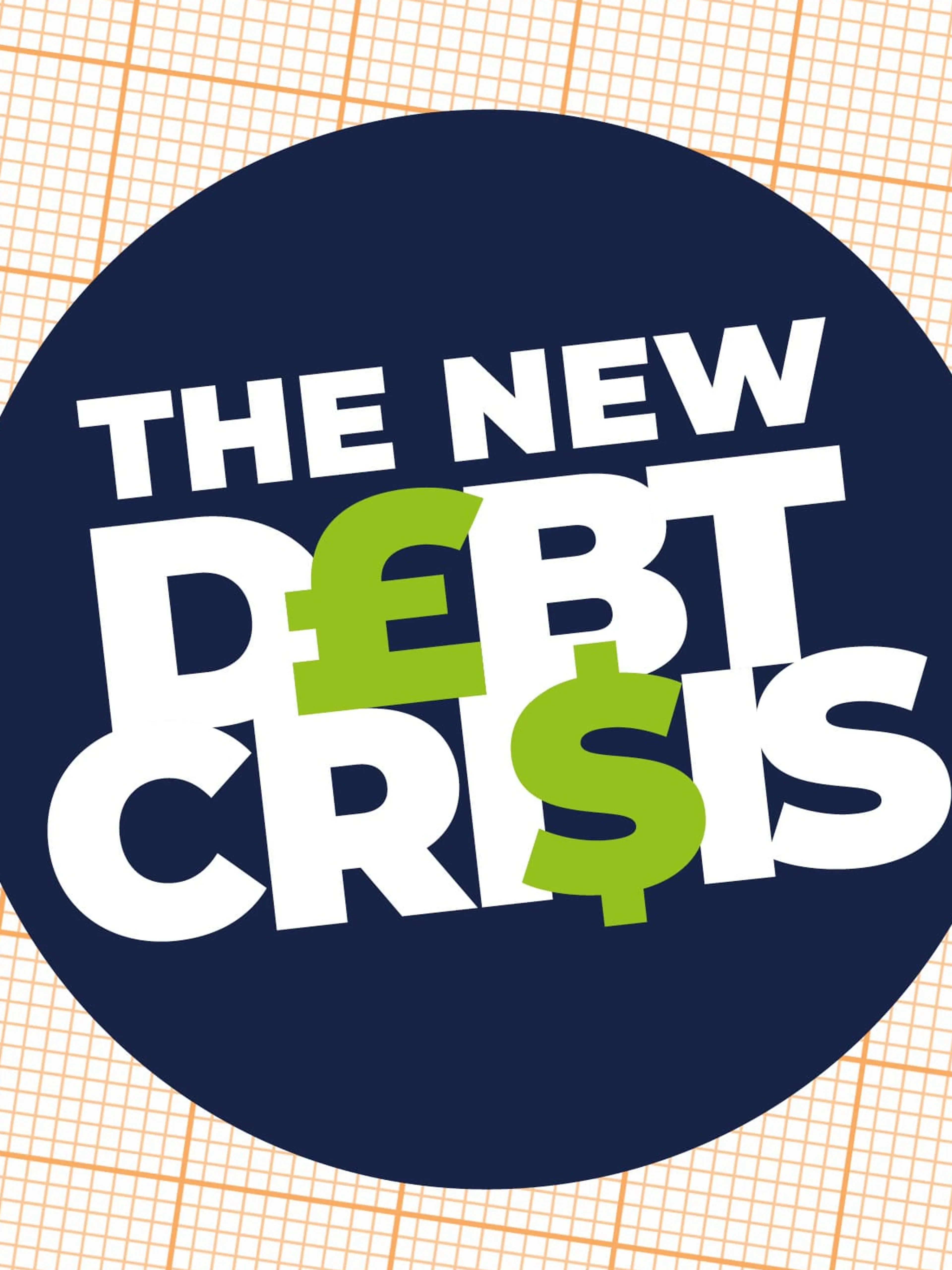Call for a Debt Justice Law
Urge UK party leaders to take action on the global debt crisis if they form the next government.

Over 3 billion people are living in countries where governments are spending more money on debts than on health or education.
Many of the world’s poorest countries have been plunged into a new debt crisis.
The amount that lower income countries spend on debt payments has increased by 150% since 2011. Despite facing significant poverty burdens, countries are having to make huge repayments on high-interest loans to wealthy banks, institutions and governments, leaving them unable to properly fund essential services.
In many countries, debts are being paid at the expense of hiring doctors and teachers, building schools, hospitals and sewage systems, preparing for floods or coping with droughts. The amount that lower income countries spend on debt payments has increased by 150% since 2011. This debt burden also leaves countries less able to cope with the increasing effects of climate change.
Because the majority of loans granted by big banks are governed by English law, the government could legislate to force lenders to stop demanding payments from countries facing a debt crisis.
As record sums of money flow from the poorest nations to line the pockets of the world’s biggest banks, we need to take a stand.

Sandun Thudugala from the Law and Society Trust in Sri Lanka
Sri Lanka’s debt crisis has contributed to 25% of the population living in poverty, up from 13% three years ago. In 2022, the government spent 35% of its revenue on paying back debts.
Sandun Thudugala from the Law and Society Trust in Sri Lanka, says, “A normal person has to bear the burden of this debt crisis. There is no medicine in hospitals and equipment is not available. Families don’t have enough food.”
The Bible teaches us that money lending is about accompanying vulnerable people, not about profiteering. But in our current global system, powerful banks make huge profits from the vulnerability of poorer nations.
Pope Francis has declared 2025 a ‘Jubilee year’, which in the Church is historically a time for cancelling debt and restoring equality.
As we prepare for the Jubilee year, and approach a general election, we’re calling on political parties to address this by passing a ‘Debt Justice Law’ if they form the next government.
Urge UK party leaders to take action on the global debt crisis if they form the next government.
Join our webinar on 23 May to hear about how the global debt crisis is impacting the lives of millions of people across the world.
"Shouldn't all debts just be repaid?" Read the answer to this and other questions about the new global debt crisis.